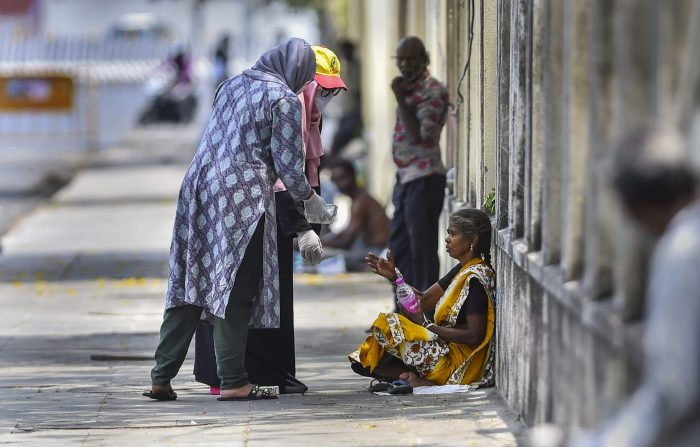A United Nations study published today revealed that more than a billion people may live in extreme poverty by 2030 due to the long-term effects of the Coronavirus pandemic.

The United Nations Development Program stated that this figure could be reached if the recovery period extended and the economic crisis persisted, pushing an additional 207 million people into poverty.
The study finds, based on current death rates and growth projections by the International Monetary Fund, that another 44 million people will be pushed below the poverty line over the next ten years.
The United Nations Development Program stated that, however, the increase in extreme poverty can be avoided. Through investments in social welfare programs, governance, digitization and an environmentally friendly economy, the pre-pandemic development path can be skipped, thus lifting 146 million people out of poverty.
“The COVID-19 pandemic is a turning point and the choices leaders are making now could take the world in very different paths and we have an opportunity to invest in a decade of work that is not just helping people recover from COVID-19,” said Achim Steiner, Program Manager, during a press conference. Rather, it redefines the path of development for peoples and the planet towards a more just, resilient and environmentally friendly future.




![The Top & Most Popular Seafood Bucket Restaurants in Dubai for you [Never Miss]](https://uae24x7.com/wp-content/uploads/2020/09/8-seafood-in-a-bucket-scaled-e1600739237403.jpg)
![Procedures for Renewing the Driving License in Abu Dhabi [3 Simple Steps]](https://uae24x7.com/wp-content/uploads/2020/07/Capture-9-e1595666454466.jpg)





